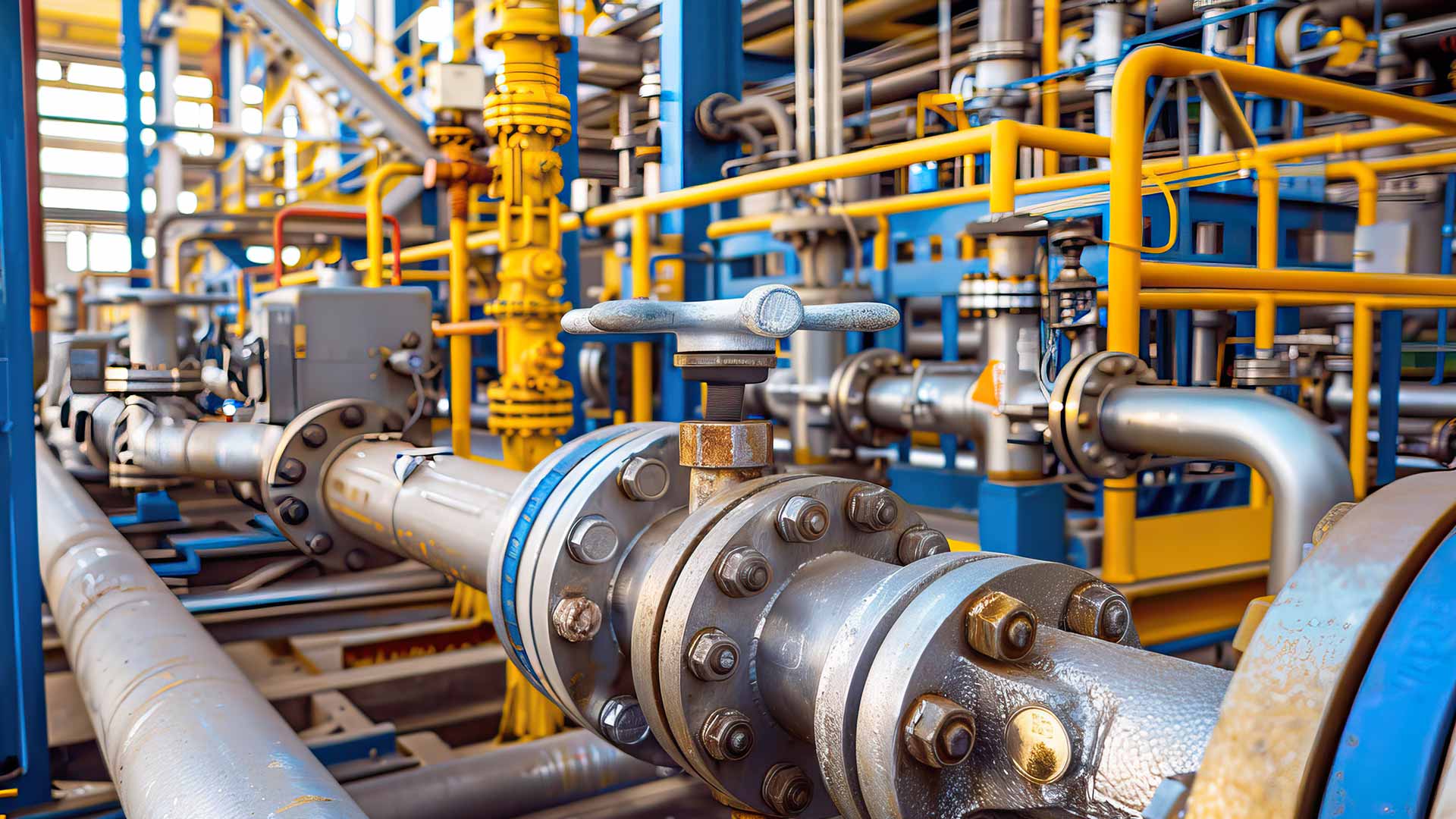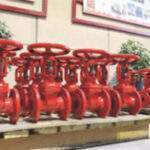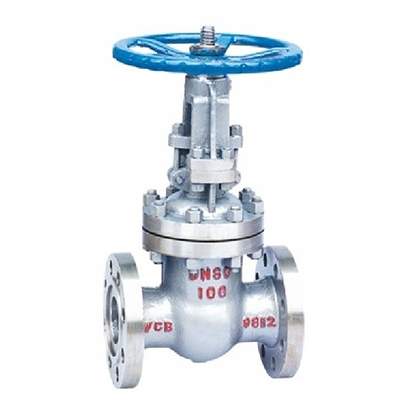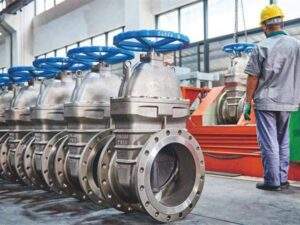Welcome to My Blog!
Before we dive into the content, I’d love for you to join me on my social media platforms where I share more insights, engage with the community, and post updates. Here’s how you can connect with me:
Facebook:https://www.facebook.com/profile.php?id=61563865935136
Now, let’s get started on our journey together. I hope you find the content here insightful, engaging, and valuable.
Introduction
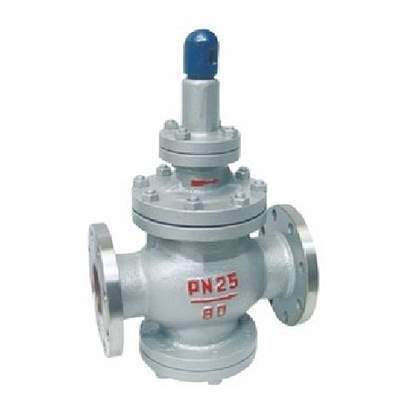
In any advanced fluid management or process control system, a pressure controlled valve is indispensable. It regulates fluid pressure to maintain safe and efficient system operations, whether in industrial pipelines, municipal water supply systems, chemical manufacturing, or HVAC units. These valves aomatically adjust based on pressure changes within a system, ensuring continuous, balanced flow without manual intervention.
Reliability in this context is not optional—it is essential. A malfunctioning valve can jeopardize the entire system, leading to safety hazards, unplanned downtime, and severe financial losses. That’s why understanding what makes a pressure controlled valve truly reliable is critical for engineers, procurement managers, and plant operators alike.
At Fanlei, we have built our reputation on delivering precision-engineered, durable valve solutions that meet the highest standards of reliability. Our integrated R&D, design, and production systems ensure that every product bearing the Fanlei name performs with consistency and excellence in even the most demanding environments.
What Is a Pressure Controlled Valve?
A pressure controlled valve is a mechanical device that manages the pressure of a fluid—whether gas, liquid, or steam—by adjusting flow through the valve body in response to changes in pressure. These valves are often self-acting, meaning they don’t require external power sources to function, which makes them highly efficient and low-maintenance.
There are several types of pressure controlled valves:
- Direct-acting pressure regulators: Simple and compact, ideal for low-flow applications.
- Pilot-operated valves: Used in systems requiring high flow or very precise pressure control.
- Backpressure valves: Maintain upstream pressure by opening when it exceeds a set value.
- Relief valves: Automatically vent excess pressure to prevent system overloading.
Each type has unique characteristics that suit specific system requirements. However, all of them share one common objective: to protect equipment and personnel by keeping pressure within safe, predefined limits.
Why Reliability in a Pressure Controlled Valve Matters
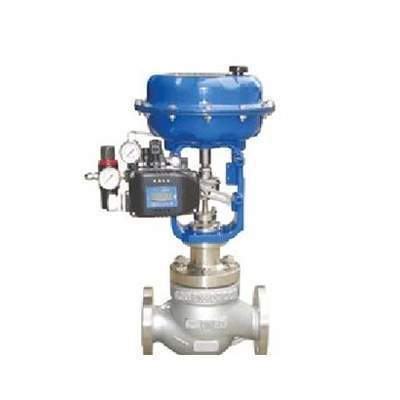
Reliability is the cornerstone of safe and efficient fluid system operations. When a pressure controlled valve operates reliably, it ensures that process conditions remain within defined limits, thereby:
- Protecting equipment from damage caused by overpressure or pressure fluctuations.
- Maintaining system integrity by preventing leaks, ruptures, or other mechanical failures.
- Reducing maintenance frequency, which lowers operational costs over the valve’s life cycle.
- Improving productivity, especially in automated processes where consistency is key.
- Ensuring compliance with industry and government safety regulations.
In contrast, an unreliable pressure controlled valve can lead to cascading failures. For example, in a refinery or chemical plant, a pressure spike due to valve malfunction can result in a catastrophic system shutdown—or worse, a hazardous incident. Therefore, selecting a reliable valve is not just a performance issue; it’s a safety imperative.
Key Factors That Determine Pressure Controlled Valve Reliability
Material Quality and Durability
The material composition of a valve is a foundational element of its long-term performance. Industrial-grade pressure controlled valves are typically made from:
- Stainless steel: Corrosion-resistant and durable in aggressive environments.
- Carbon steel: Strong and cost-effective for high-pressure applications.
- Ductile iron: Offers a balance of strength and ductility, suitable for water systems.
Fanlei sources only certified raw materials for its pressure controlled valves, ensuring mechanical strength and corrosion resistance even under extreme operating conditions. Each material is tested for tensile strength, impact resistance, and temperature tolerance before entering production.
Precision in Manufacturing
Reliable performance begins with precision engineering. Small manufacturing variances can lead to big operational failures. At Fanlei, we use advanced CNC machining, digital casting, and laser inspection systems to guarantee dimensional accuracy.
Every pressure controlled valve is assembled in cleanroom conditions, minimizing contamination risks and ensuring optimal sealing and response. Our multi-point inspections during production help eliminate any weak links before the product ever leaves the factory floor.
Response Time and Sensitivity
A valve that reacts too slowly to pressure changes is a liability. A reliable pressure controlled valve must have quick and accurate responsiveness. This characteristic is particularly important in systems where pressure fluctuates rapidly—such as steam boilers or water hammer-prone pipelines.
Fanlei’s valves are designed with highly sensitive diaphragms and spring mechanisms to ensure they respond to minute pressure variations almost instantly, providing real-time control and avoiding dangerous pressure buildup.
Pressure Range and Rating
Each pressure controlled valve must be rated correctly to the application in which it is installed. Installing a valve outside its designed pressure limits is a recipe for early failure and safety risks.
Reliable valves are tested under pressures exceeding their nominal ratings to confirm performance under extreme scenarios. At Fanlei, our products are tested to 1.5x or even 2x their maximum pressure ratings in controlled environments to ensure robustness in real-world use.
Design Features That Enhance Valve Reliability
Integrated Safety Mechanisms
Built-in features such as internal pressure relief valves, burst disks, and fail-safe closures can greatly enhance a valve’s reliability. These mechanisms act as backup systems, ensuring that the valve can still function safely even when primary systems fail.
Fanlei pressure controlled valves incorporate multi-layer safety redundancies that comply with ISO and ANSI international safety standards, providing users with peace of mind and operational confidence.
Ease of Maintenance
Even the most reliable valve will need occasional maintenance. However, valves designed with easy disassembly and reassembly capabilities significantly reduce downtime. Fanlei valves are modular in design, allowing maintenance teams to quickly replace seals, diaphragms, or springs without removing the entire valve body from the system.
This saves labor, reduces shutdown durations, and extends the overall operational life of the equipment.
Sealing Technology
Proper sealing is critical in ensuring that a valve maintains pressure integrity over time. Leaks are not only inefficient but dangerous in systems handling hazardous or high-pressure fluids.
Fanlei uses high-performance elastomers and polymers such as Teflon, Viton, and EPDM to create seals that withstand temperature extremes, chemical attack, and mechanical wear. This minimizes maintenance needs and ensures continuous pressure control.
Table: Critical Parameters in Evaluating a Reliable Pressure Controlled Valve
| Parameter | Description | Why It Matters |
|---|---|---|
| Body Material | Stainless steel, carbon steel, or ductile iron | Affects durability and corrosion resistance |
| Pressure Rating | Maximum and minimum pressure the valve can handle | Ensures compatibility and safety in the system |
| Flow Coefficient (Cv) | Measures the valve’s flow capacity at a set pressure | Helps in precise system sizing |
| Temperature Range | Operating and peak temperature resistance | Critical in thermal-sensitive environments |
| Seal Material | Teflon, Viton, EPDM, etc. | Impacts leak prevention and longevity |
| Maintenance Accessibility | Design features that allow easy inspection or part replacement | Reduces downtime and operating cost |
| Safety Features | Relief mechanisms, burst protection, auto-shutoff | Provides backup safety assurance |
| Certification Compliance | Adherence to ISO, ANSI, API, etc. | Confirms international quality and reliability |
How Fanlei Ensures Pressure Controlled Valve Reliability
Fanlei is more than just a valve manufacturer—we are a solution partner for industries that require precision, safety, and dependability. Our in-house R&D team constantly explores innovations in valve design, materials science, and automation integration. These innovations are embedded into our pressure controlled valve line.
Every Fanlei valve is:
- 100% Factory Tested: We test for pressure endurance, leakage, and response time under simulated real-life conditions.
- ISO 9001 Certified: This ensures our quality management systems are globally recognized.
- Fully Traceable: Each valve has a serial number linked to material certificates and test reports.
- Field-Proven: Our valves are used in chemical plants, offshore rigs, HVAC systems, and more—with proven performance under harsh conditions.
Fanlei provides comprehensive support, from initial consultation to after-sales service. We’re proud to stand behind every product we deliver.
Testing and Quality Assurance in Pressure Controlled Valves
A key hallmark of a reliable pressure controlled valve is rigorous quality control. At Fanlei, every valve must undergo:
- Hydrostatic Pressure Testing: Verifies body strength and sealing under high pressure.
- Leak Detection: Ensures no fluid escapes from seals or interfaces under normal and elevated conditions.
- Operational Cycling Tests: Simulates years of use in a short time to test wear and response durability.
- Environmental Stress Simulation: Assesses how the valve handles thermal and chemical stress.
Our investment in quality assurance is a direct investment in your operational safety and efficiency.
Applications That Demand High Valve Reliability

Pressure controlled valves are integral in industries where failure is not an option:
- Chemical and Petrochemical Plants: Must handle corrosive media at high pressures.
- Water Treatment and Supply: Requires long-term operation with minimal maintenance.
- Food and Beverage Processing: Needs sanitary, leak-proof pressure regulation.
- Oil and Gas Pipelines: Requires absolute reliability to avoid catastrophic pressure surges.
- HVAC Systems: Ensures comfort, efficiency, and regulatory compliance in large buildings.
- Pharmaceuticals: Demands precise control in sterile environments with stringent documentation.
Fanlei’s pressure controlled valves are specifically designed to meet the needs of these high-stakes industries.
Conclusion
Reliability in a pressure controlled valve comes from a combination of superior materials, intelligent design, precise manufacturing, and rigorous testing. When you choose the right valve, you safeguard your operation, increase efficiency, and reduce total ownership costs.
Fanlei’s reputation is built on delivering this kind of performance. With decades of experience, certified manufacturing processes, and a global client base, we are equipped to serve your most critical fluid control needs.
Want to learn more or request a product consultation? Contact us today to explore how Fanlei’s pressure controlled valves can optimize your operations.
FAQ
What makes a pressure controlled valve fail prematurely?
Poor-quality materials, inadequate pressure ratings, incorrect sizing, and lack of maintenance are leading causes of early valve failure.
Can one valve type be used for both liquids and gases?
Yes, but only if the valve is rated and designed to handle both mediums safely. Consult the manufacturer for confirmation.
How do I determine the correct valve size?
You need to evaluate your system’s flow rate, pressure range, and required Cv value. Fanlei can assist with expert sizing support.

